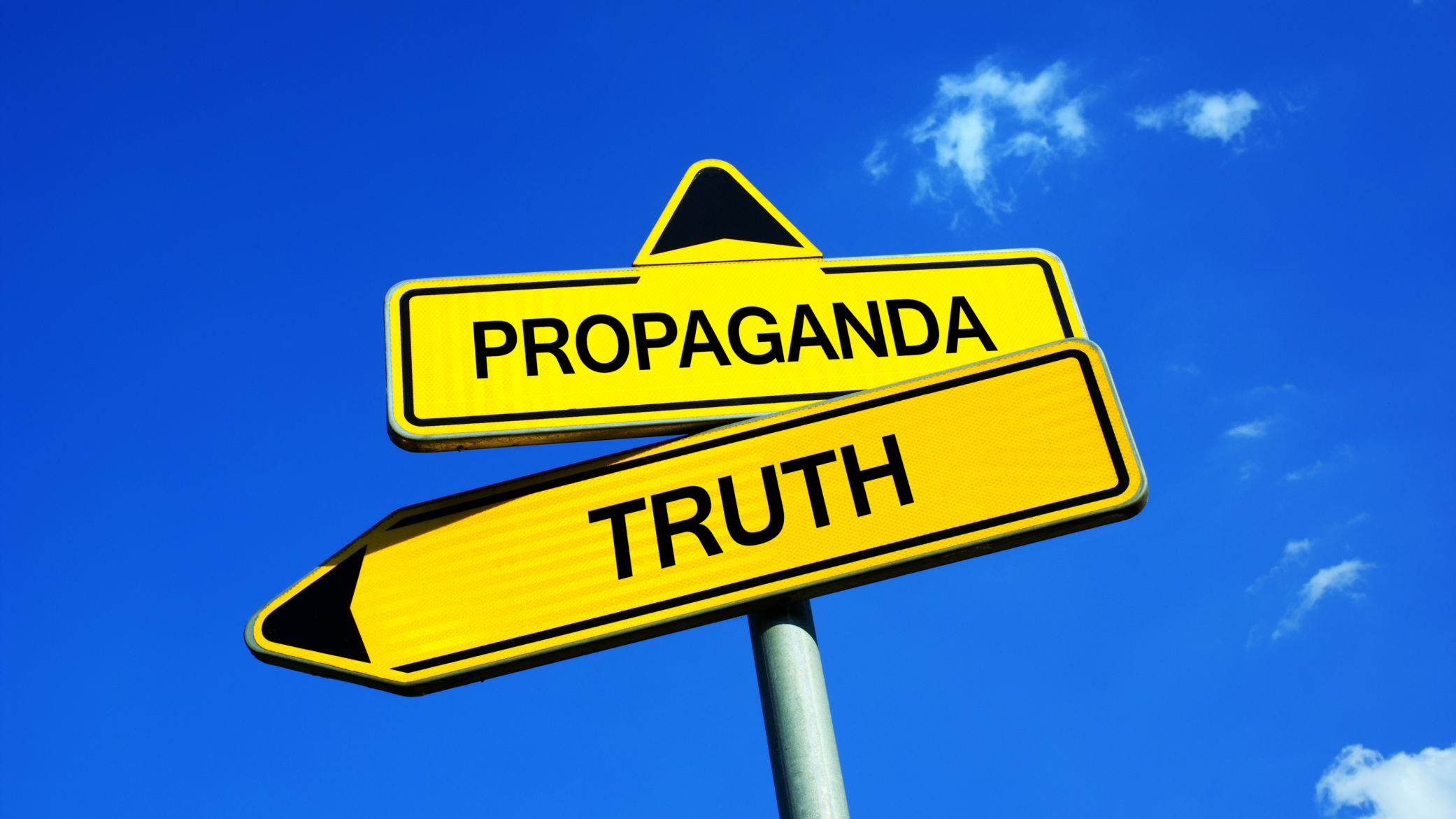While the problems of disinformation, misinformation and propaganda are not new, certain aspects of modern technology and communications appear to be contributing to a rapid polarization and democratic deterioration in the U.S. and abroad. The William and Flora Hewlett Foundation’s Madison Initiative focuses on making democracy and its institutions – especially Congress – more effective in a polarized age, and is currently exploring opportunities to address the disinformation/propaganda problem. An analysis conducted in 2017 for the initiative explores whether a larger, more sustained investment from the foundation is warranted.
To examine the problem and potential philanthropic interventions, researchers conducted interviews with leaders from academia, digital media platforms (both current and former employees), think tanks, and civil society organizations. Informants identify many actors seeking solutions to the current disinformation/propaganda problem, with most funders focused on improving the quality of journalism, fact-checking, or news literacy. They identify several elements germane to understanding the problem, including:
- The democratization of information creation and distribution;
- The socialization of information sharing;
- The atomization of news away from reputable brands to individuals;
- The anonymity of content creators and distributors;
- The increasing level of content personalization; and
- The sovereignty of the technology platforms.
All of these factors combine to elevate the internet and, in particular, social media platforms (Facebook, Twitter, increasingly Instagram, and others) as the most critical point for intervention. The authors outline options for investing in a research agenda related to popular social platforms, where lack of information about the problem, how technology impacts it, and the efficacy of proposed solution creates a hurdle to crafting effective interventions.
It is worth noting that the majority of these interviews were conducted in the summer of 2017. Much has transpired in the interim, including increased attentiveness to these issues by the social media platforms.

